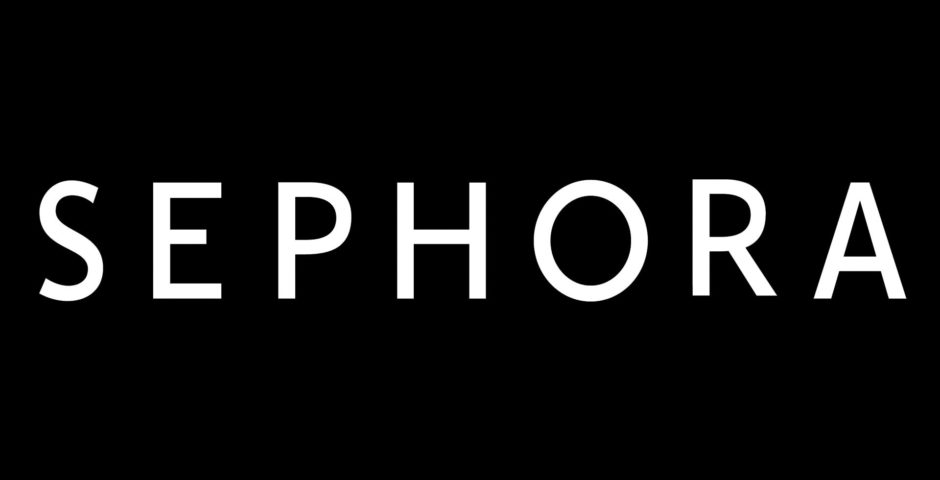
It Looks Like Ghana Is Finally Ready to Have That Conversation About Online Trolling, Consequences and Accountability
I was a Mass Media major at Hampton University. When I graduated in 2000 you had to wait for your roommate to get off the phone so that you could use the internet; Facebook and Twitter did not exist; we were all getting our music on Napster and chat rooms gave us (or we believed) total anonymity to live out the freakiest versions of ourselves online. We were discovering a new world in and of online media, one for which the rules had not yet been written.
In my media law and ethics class, we spent many hours discussing responsibility and accountability in journalism and reportage. The danger – and consequences – of shouting ‘Fire!’ in a crowded theater was one of the lessons we learned early. The concept that the right to freedom of speech does not guarantee freedom from ramifications of the speech was drilled into us repeatedly. But we were talking about print publications like newspapers and newsletters, TV/Radio – traditional forms of media. Did those rules apply in a world where we had screen names like FuzzyBoo22 and broke all the rules of syntax in defiance of grammar Nazis? Twenty years later, it would seem that those rules do apply and with greater demands for answerability than before.
We all have a story seared in our memories about the Internet and how it changed someone’s life overnight. My top three in no particular order:
Jumoke Oniburedi was a bread seller in Nigeria in 2016. She unwittingly photobombed a shoot in progress, stole the picture with her natural beauty and within days had her life transformed and soon began work as a model.
In 2013, Justine Sacco infamously tweeted “Going to Africa. Hope I don’t get AIDS. Just kidding. I’m white!” By the time she landed in Cape Town, she had been fired from her job as the senior director of corporate communications at IAC.
In 2012, Adam Smith drove up to a local Chick-fil-A drive-thru belittled and badgered the sweet natured attendant, filming himself while doing so. He quickly went from being a CFO to being on food stamps, his job prospects and reputation destroyed by his own hands. His behavior did not reflect the values of his company.
We’ve all seen how online behavior has real life consequences no matter where we find ourselves globally…Well, except for in a little country called Ghana, where the natives are free to speak and do as they wish, protected by the soft glow of their android phones and shielded from accountability with the power of 100 MG of data. Ghana – and Ghanaians – are the exception.
Ha! I’m just joking. We are not exempt at all. But for some reason, many of us think we are. Two events that made waves in the past 30 days illustrate this.
In late October this year, Francis Kennedy Ocloo who MyNewsGH describes as a ‘self-styled media influencer’ was ordered by the court to make an apology and pay damages to Efua Sintim for defamatory remarks he made on his Facebook page in 2017. Though he never mentioned the plaintiff by name – calling her a “blood sucking fraudster, an extortionist who uses her beauty and charm to extort money from people” – the court found that he left enough ‘clues’ that would lead people to conclude that Ms. Sintim was the individual in question. He has been ordered to pay a total of GHC 110,000 (+/- $18,000) and make a public apology to the plaintiff on his Facebook wall for 30 consecutive days. Defiant, Mr. Ocloo, aka Awareness General, called the judgement nothing more than “the opinion of one judge”, comments that he has since (wisely) scrubbed from his wall.
The Sintim vs Ocloo is a landmark case in the country, as it is the first time anyone has sued and won for defamation on social media. (If you have another precedent that proves otherwise, I’d love for you to share it in the comments.)
It is public knowledge that Mr. Awareness General does not have the financial means to settle this judgement, and some folk have called on Sintim to pardon and forgive him. Funny how those people did not rally to his page to beg him and his followers to call off their personal and persistent attacks, which Sintim later revealed led to depression and a decline in her physical health.
Jimmy Kimmel has a segment on his show where he has celebrities read mean tweets about them while he films their reaction to the abuse. On Twitter yesterday, we were all treaty to the Alternate Universe version of that exercise, where a man who goes by the handle @bongoldeas got up, got dressed, and went to audition to be The Next TV Star, a show where people get a shot to be mentored by some of Ghana’s most respected television personalities. In this now viral clip, we see where the self-proclaimed “journalist’s” tweets caught up with him.
He doesn’t just write horrid things about celebrities. No one is exempt from his peculiar brand of disgusting malice, not even a girl who shared before and after pictures of her cleared up acne and rejoiced in the newfound confidence she was experiencing. He advised her not to be too happy, because she was still just “average”. (There’s a tipper truck full of sexism to unpack in that statement, but that will have to keep for another day.)
TwitterGH has chosen sides. On the one hand, the majority of us are thrilled that the Agenda Boy was on the receiving end of a public dress down, stuttering his way through an explanation of why he has been such a vicious for so long, and on the other he has amassed over 2,000 new followers. Though this is disappointing, I take solace in the fact that online fame in Ghana is fleeting and that the industry isn’t just gate kept by a few: you’ll need an elven spell to break through if you do not come with the right connections and reputation. Such a man can forget working abroad in journalism (where employers have a knack of finding ALL your accounts), so local Twitter champion he shall remain. But who knows? There may be some sad media outfit looking for someone to write disgusting things about people for pay. After all, our own government pays GHC700 for people to write all kinds of nonsense on their behalf and tags them as “patriots”. A country like Ghana always finds ways to reward the unscrupulous.
We have seen two examples where misbehaviour online becomes costly: both financially and career wise. And yet – AND YET!! – there are still those who refer to these fabrications, slander and pointed cruelty as “uncomfortable truths”. They have to believe that these are truths so that they can maintain the deception that they are “good people” who have had momentary lapses in judgement. They want to avoid the karma coming to them. No one who reads and agrees with Agenda Boy’s tweets is a good person.
It is Digital Judgement Day in Ghana. The time had to come. We’ve enjoyed almost two decades of mindless utterances, forgetting (or perhaps not) that there are real people with real feelings on the other side of our keyboards and data bundles. Have I tweeted wild in the past? Hell yeah, I have. And I know that I will have to account for that one day. I’m ready to.
Are you?




